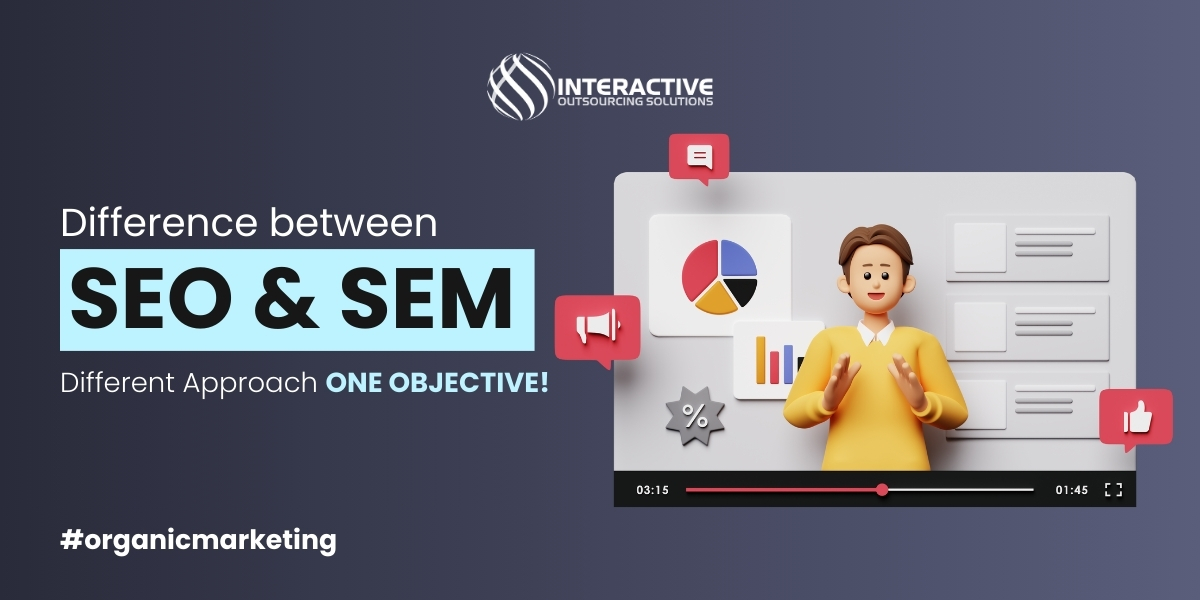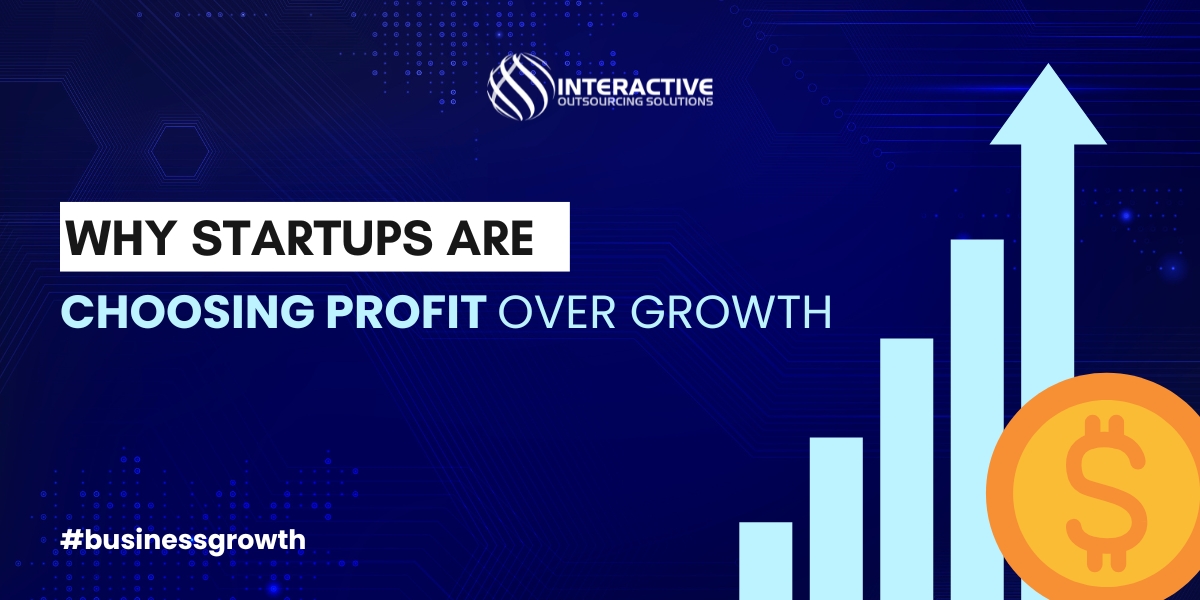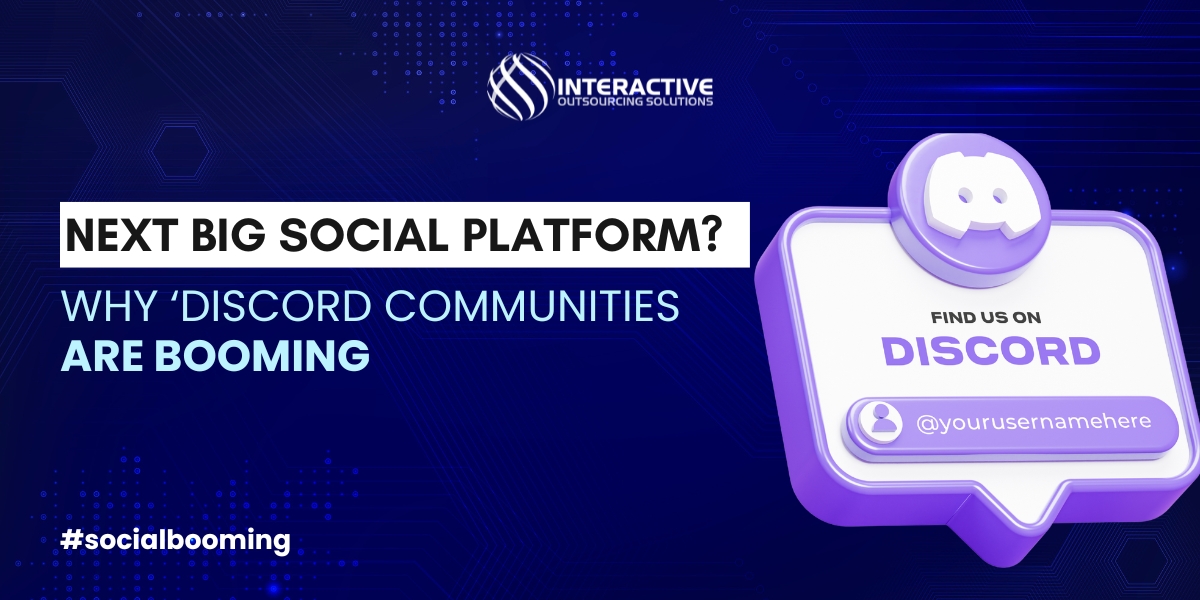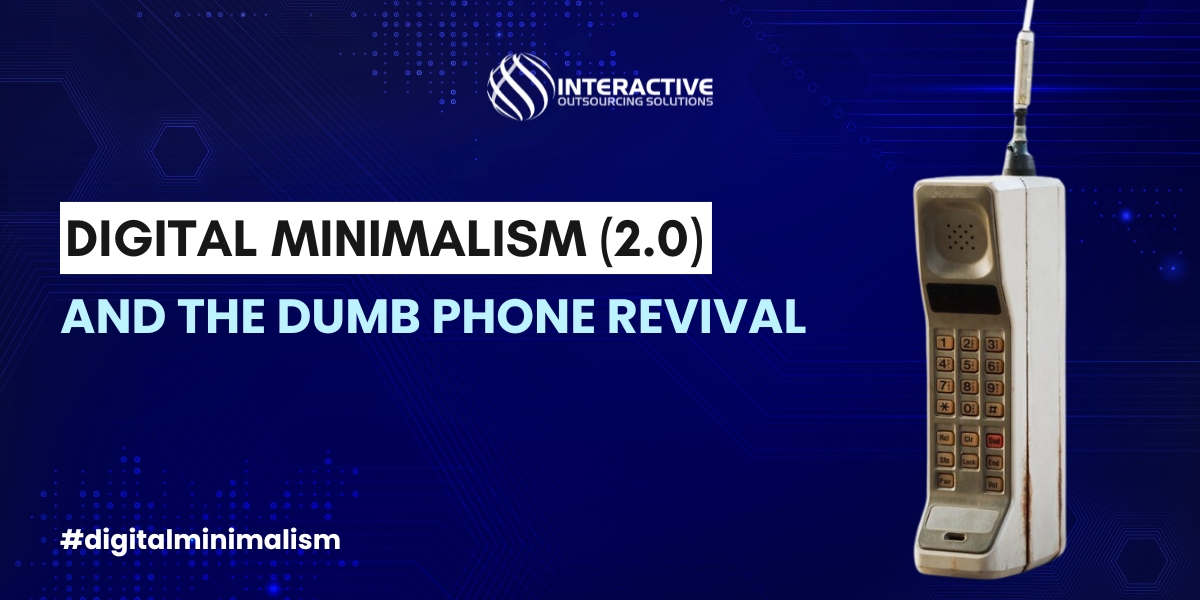Numerous online experiences begin with a search engine. This shows that search engines like Google and Bing are powerful for getting your products or services noticed by potential customers. In this article, we’ll explore everything related to search engine marketing (SEM), its various components, and how it works. Before we dive in, let’s quickly compare it to search engine optimization (SEO).
They are two different things however they go hand in hand to help achieve one common goal. Here are some key differences and some similarities between SEO and SEM.
SEO vs SEM
The key difference between SEO and SEM is their approach to search visibility. SEO concentrates on refining your website to secure higher rankings and traffic through organic search results. Meanwhile, SEM involves strategies for both organic and paid search to achieve better rankings and visibility. It’s important to note that Google’s search results consist of two main categories: organic and paid.
When you google something typically you see two of these.
1. Sponsored results:
When you look at the search engine results page (SERP), you’ll often see certain listings marked with “Sponsored” or “Ad.” This labelling helps set them apart from the organic results. Companies that utilize search ads incur a cost every time someone clicks on their ad, which is why these paid listings are commonly referred to as pay-per-click (PPC) ads.
2. Unpaid search engine results:
Unpaid search engine results are termed organic search results. When you invest time and effort, search engine algorithms will reward you by improving your website’s ranking naturally. This means that shortcuts won’t get you to the top. You’ll need to be patient and work hard to develop a website that the algorithms will favour.
SEO vs SEM in a nutshell is, unlike SEM, where you can see immediate results, SEO requires some waiting to observe its effects.
SEO and SEM meaning
SEO meaning and categories
It is all about improving your website to raise its organic visibility on SERPs. This often includes creating and optimizing pages that meet the search intent of users for various queries.
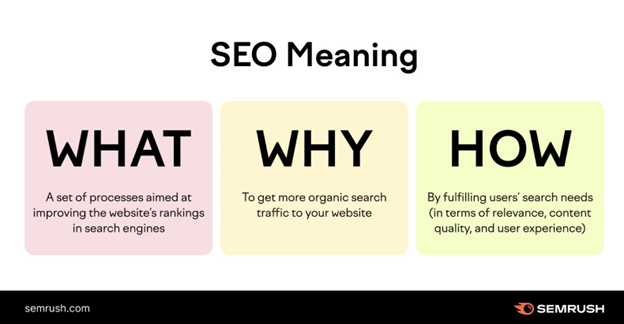
Understanding SEO
The pages that provide the most valuable and relevant information tend to appear at the top of organic search results, where users are most likely to see them first. Nevertheless, it is not enough for content to be helpful; it must also be easily interpretable by the bots, known as spiders and crawlers, that search engines utilize to navigate and index web pages.
The main difference between SEO and SEM is that SEO is the ongoing process of enhancing a website to achieve higher rankings in organic search engine results pages (SERPs). Search engines such as Google and Bing operate by ‘crawling’ through content to evaluate its potential for attracting visitors and delivering relevant information. They analyze various factors to determine a website’s ranking. According to Statcounter Global Stats, Google dominates the global search engine market with a 91% share, while Bing and Yahoo hold only 3.74% and 1.26%, respectively. This indicates that while Google is the primary focus for SEO efforts, it is important to acknowledge the presence of other search engines, albeit with minimal impact. It is essential to understand that Google may take some time to recognize and reward a new website, meaning that newly launched sites might not gain immediate visibility. With Statista reporting that Google handles 5.9 million searches per minute, there is a significant opportunity for marketers to leverage search intent to drive traffic. Therefore, when considering SEO, it is crucial to think about what your audience is searching for and how to align your content with those needs.
When planning your marketing strategies by keeping the difference between SEO and SEM in view, you should take into account the three main categories of SEO:
- Technical SEO
- On-page SEO
- Off-page SEO, and
Technical SEO
The key constituent of the difference between SEO and SEM is technical SEO. This refers to the care and maintenance of your website’s health. It encompasses optimizing the architecture and backend features to enhance visibility and performance on search engines. Important aspects to evaluate include broken links, errors in metadata, and the site’s structural design.
On-page and Off-page SEO is vital to determine the fine line in seeing the technical difference between SEO and SEM.
On-page SEO
This centres on the enhancement of website content and its various elements. Performing keyword research is critical to align with your audience’s interests and to create content that addresses their informational or problem-solving needs. Considerations should include page titles, headings, URLs, and the implementation of internal linking.
Off-page SEO
off page SEO pertains to the external perception of your website. It seeks to establish external signals that strengthen your site’s authority, thereby informing search engines of its trustworthiness and reliability. In this regard, digital PR is essential, as it includes efforts like external link-building and securing press coverage.
SEM meaning and Categories.
Search Engine Marketing (SEM) typically pertains to paid search marketing, emphasizing paid strategies such as Pay-Per-Click (PPC) advertising. These methods assist businesses in reaching specific audiences and enhancing their visibility within search engine results. In a broader sense, Search Engine Optimization (SEO) is interconnected with SEM as part of the overall search marketing landscape.
Search Engine Marketing also Encompasses encompasses several essential characteristics that render it an effective instrument for digital marketers, including:
- Keyword Targeting
- Bidding
- Ad Creation and Optimization
- Budget Control
- Audience Targeting
- Analytics and Reporting
- Negative Keywords
Paid advertising, despite its challenges, can yield significant returns as it enables precise targeting and often delivers results more rapidly than search engine optimization (SEO). This process requires dedicating time to the creation of advertisements and setting a budget to ensure effective targeting.
SEO vs. SEM the similarities
We have examined the difference between SEO and SEM; however, it is important to also recognize the similarities between these two concepts. Both SEO and SEM contribute to enhancing the visibility of your website in search results, thereby promoting awareness.
Regardless of whether you are leveraging the advantages of organic search (SEO) or engaging in paid search (SEM), it is clear that both strategies can be highly effective when utilized appropriately.
SEO and SEM enhance your website’s visibility in Search Engine Results Pages (SERP), leading to a higher volume of visitors.
This surge in traffic improves your opportunities to sell products or services, disseminate pertinent information, promote events, or encourage visitors to engage in specific actions.
The prospect of initiating an SEO vs SEM campaign, establishing it for optimal performance, and then enjoying a period of ease while it operates autonomously is indeed appealing. However, the actual situation is quite different. The difference between SEO and SEM demands continuous testing and refinement to achieve the highest level of success. It is essential to maintain vigilant oversight of your campaigns to identify opportunities for enhancement and to actively address them to improve overall efficiency and effectiveness.
Conclusion
The solution to the dilemma of selecting the right SEO vs SEM strategy is contingent upon the objectives of your marketing campaign. Ideally, you would implement an exceptional, high-performing SEO strategy for your website, integrated within a comprehensive SEM campaign. Additionally, you would establish PPC campaigns aimed at numerous key demographics, deploy highly targeted local advertisements to engage individuals in proximity to your physical locations and utilize an advanced, AI-driven remarketing campaign that delivers personalized product suggestions to visitors arriving at your site via search.
If you remain uncertain regarding the appropriate strategy for your project talk to an expert at interactive outsourcing solutions and get your questions answered right away and help you implement an exceptional, high-performing SEO strategy for your website.

